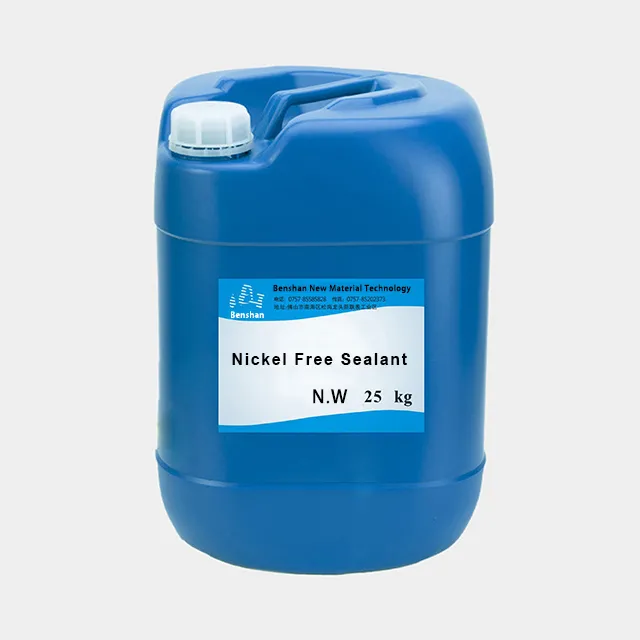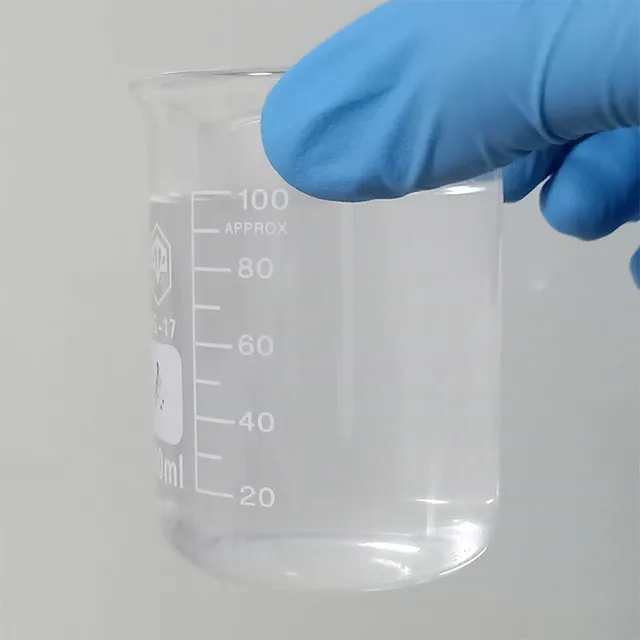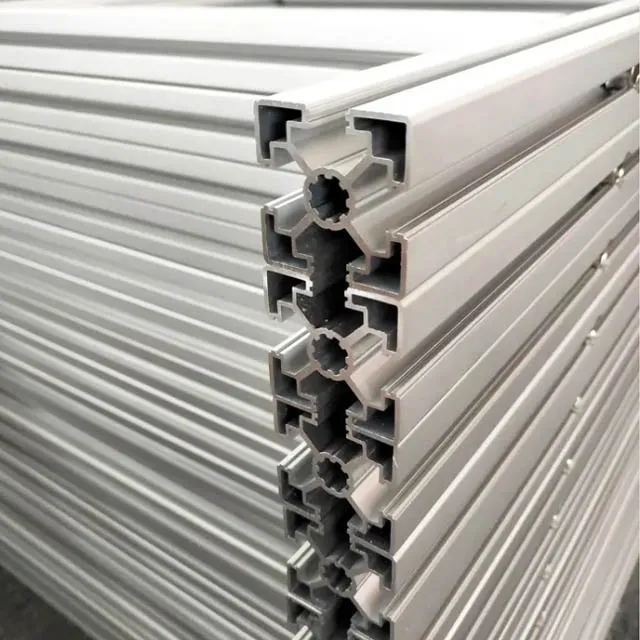
Can sealing additive reduce the surface temperature of aluminum products?
2024-04-16 15:30
Aluminum products are widely used in industry and daily life, and their surface temperature directly affects their use experience and performance. In recent years, studies have shown that sealing additive agents may have a certain effect on reducing the surface temperature of aluminum products. This article will delve into whether sealing additive agents can reduce the surface temperature of aluminum products and explore their potential mechanisms and effects.
1. Basic functions of sealing additive agent: interpret its role in surface treatment of aluminum products
First, let us understand the basic functions of sealing agent. Sealing additive agents are usually used to fill and seal the micropores on the surface of aluminum products to improve their corrosion resistance and weather resistance. However, some studies in recent years have shown that sealing additive agents may not only have traditional functions, but may also have a certain impact on the surface temperature of aluminum products.

2. Effect of sealing additive agent on surface temperature: preliminary experimental results
Some preliminary experiments show that after adding a specific type of sealing additive agent, the surface temperature of the aluminum product decreases compared with that without adding it. This aroused the interest of researchers, who began to deeply explore the mechanism of sealing agent's influence on the surface temperature of aluminum products and look for potential application value.
3. Potential mechanism: theoretical discussion and simulation study
The mechanism by which sealing additive agents reduce the surface temperature of aluminum products has not yet been fully elucidated, but some theoretical discussions and simulation studies have proposed some possible explanations. These include the sealing additive agent filling the surface micropores, resulting in the reduction of heat conduction paths and the improvement of surface reflectivity. These mechanisms may interact and jointly affect the surface temperature of aluminum products.

4. Practical application and effect verification: feedback and observations from the industry
Some industrial application cases show that after using specific types of sealing additive agents, the surface temperature of aluminum products in daily use has indeed been reduced. For example, some building materials use aluminum alloys with sealing additive agents added. Its surface temperature is lower than that of traditional materials when exposed to sunlight, thereby improving comfort.
5. Potential impacts and challenges: Comprehensive consideration and further research are needed
However, there are still some potential effects and challenges in the effect of sealing agent on the surface temperature of aluminum products, which require further research and discussion. For example, factors such as the type, formula, and process parameters of the sealing additive agent may affect its effect on the surface temperature and need to be considered comprehensively. In addition, the long-term stability and environmental friendliness of sealing additive agents also need further research and verification.

6. Future prospects and research directions: interdisciplinary cooperation and technological innovation
Although the effect of sealing additive agent on the surface temperature of aluminum products is still in the preliminary research stage, its potential application value is exciting. In the future, through interdisciplinary cooperation and technological innovation, we can further explore the mechanism of action of sealing additive agents and optimize formulas and processes to achieve precise control of the surface temperature of aluminum products, bringing more convenience to industrial production and daily life.
The sealing agent may have a certain effect on reducing the surface temperature of aluminum products, but its impact mechanism and effect require further research and verification. In the future, through in-depth discussion and practice, we can explore the potential application value of sealing additive agents in regulating the surface temperature of aluminum products, bringing more innovation and progress to industrial production and social life.








